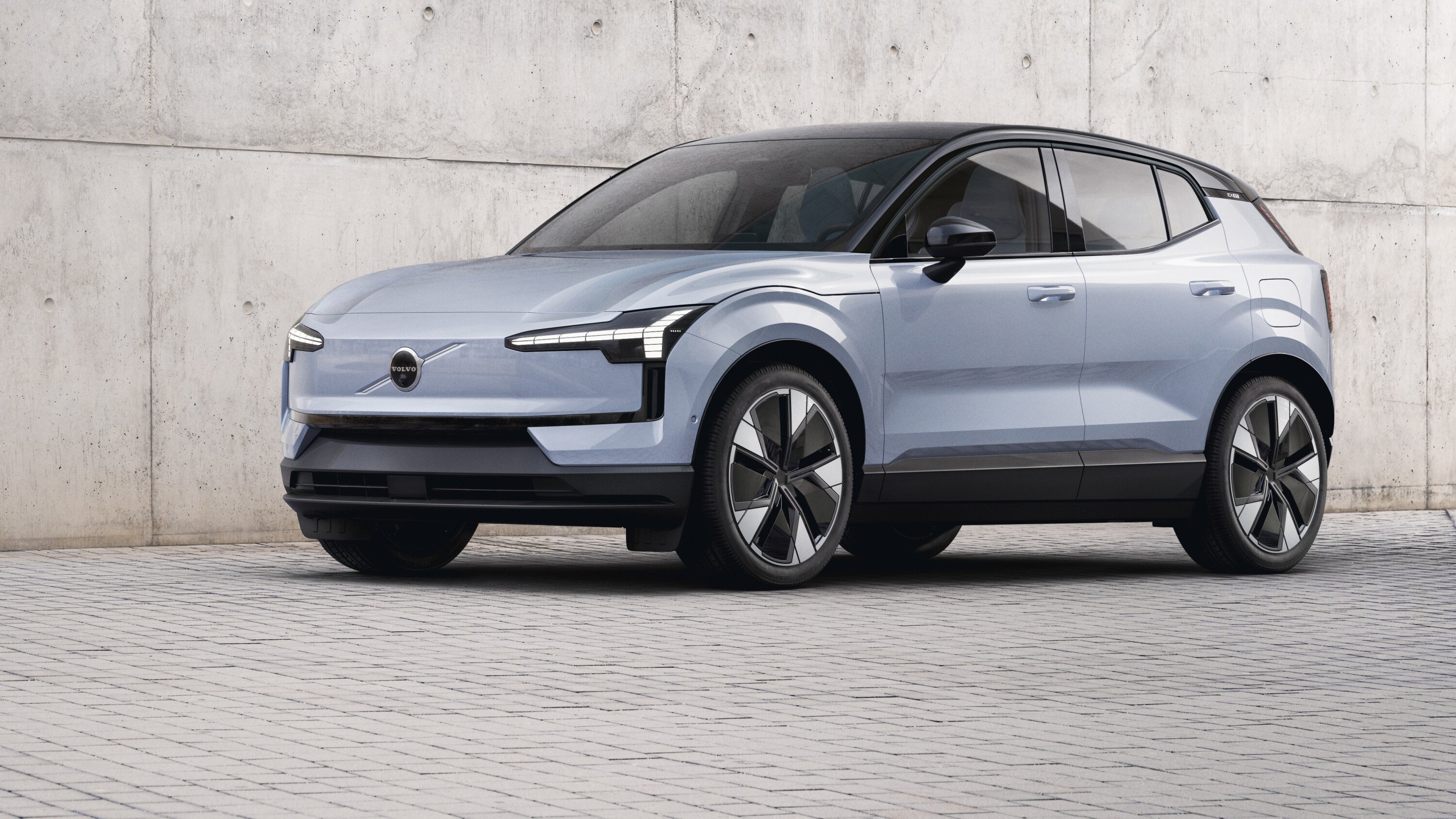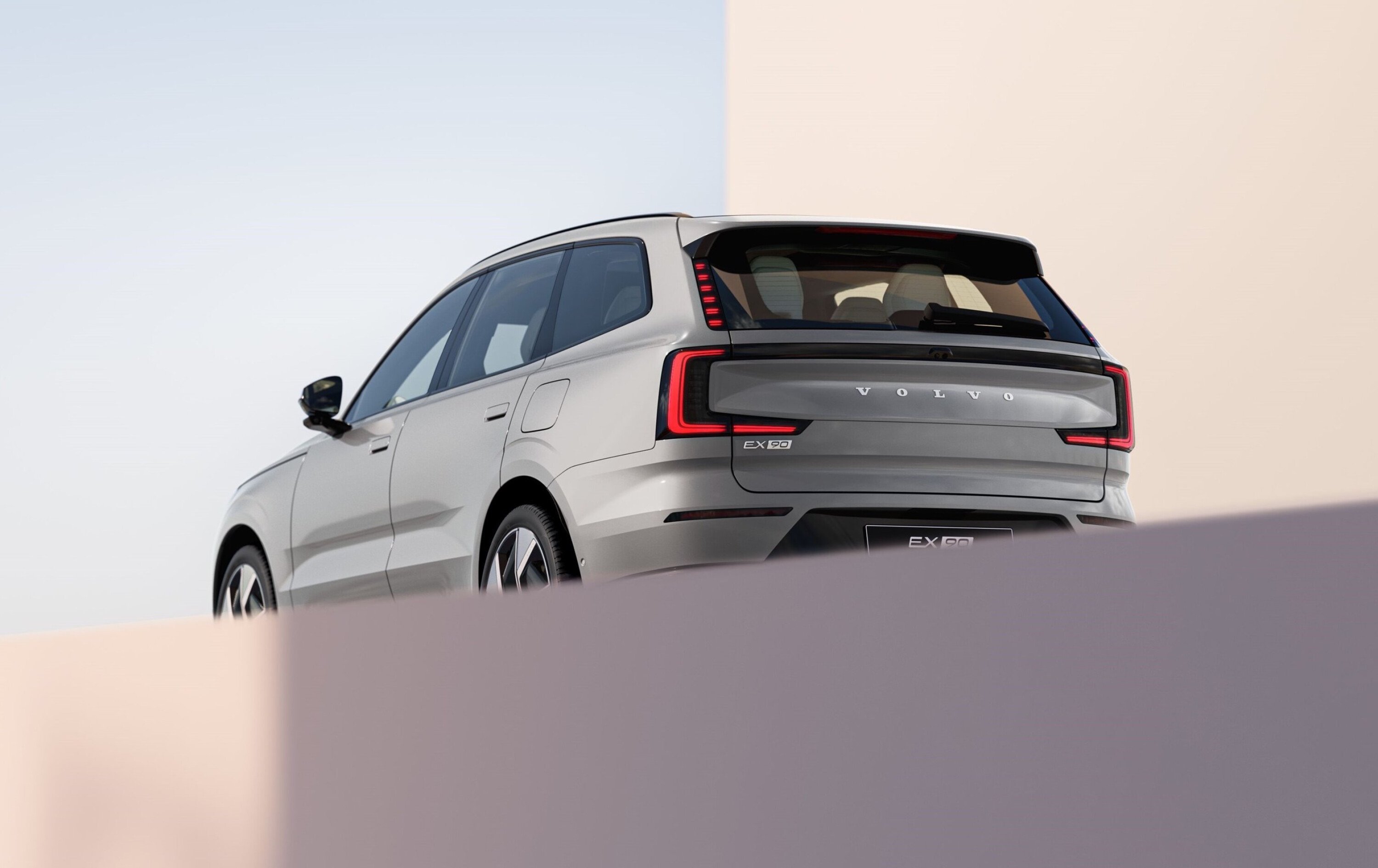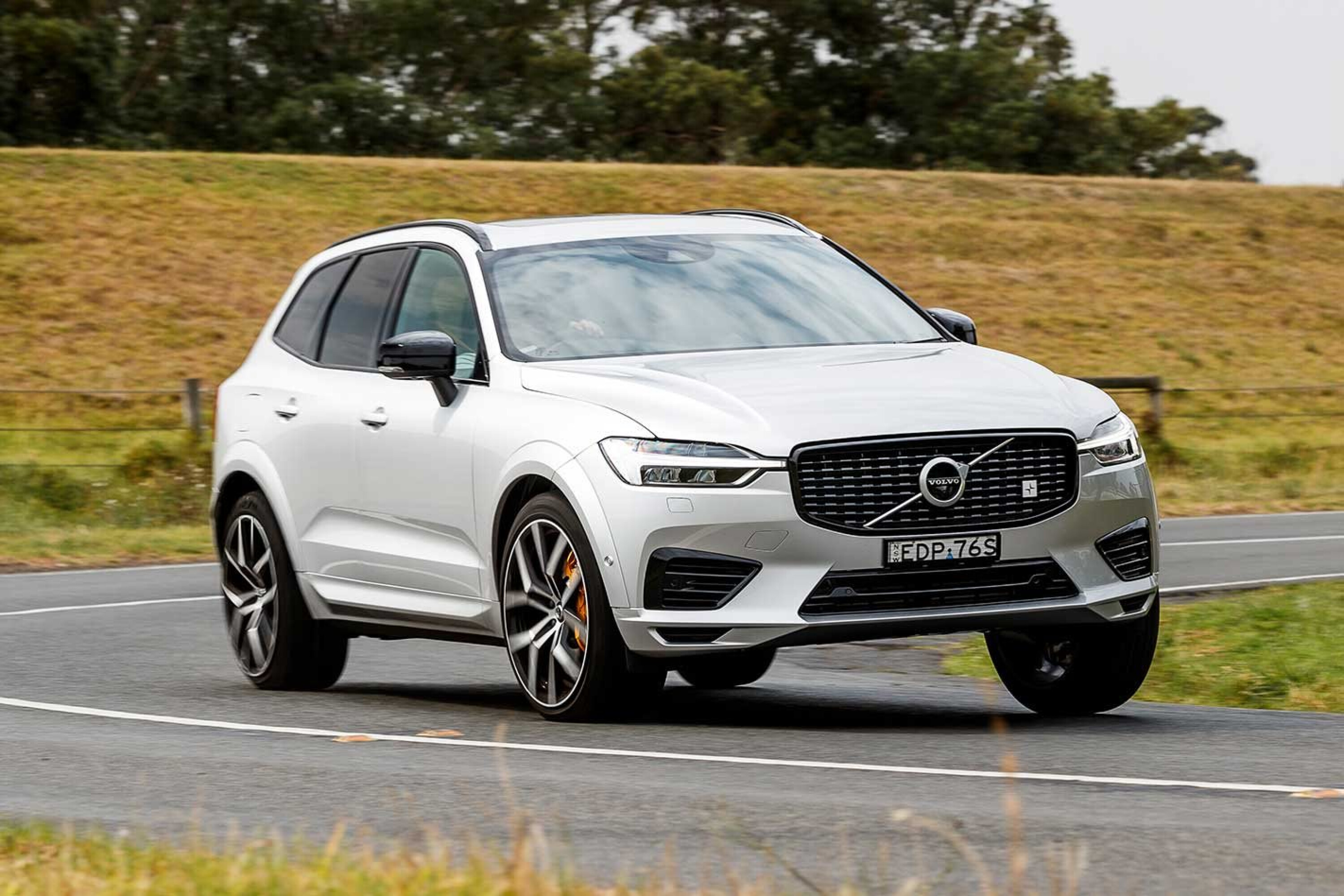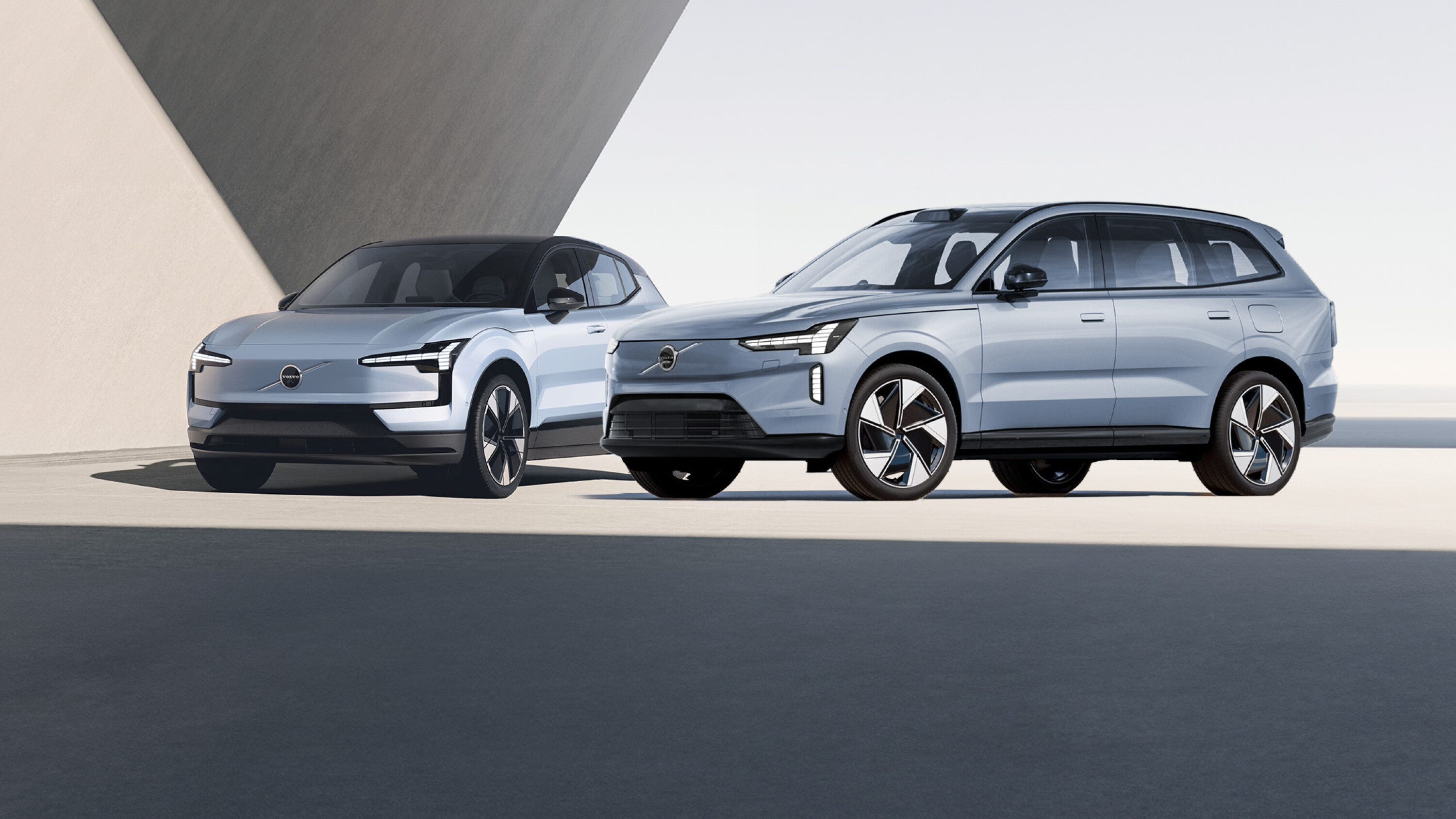Volvo has been more than a little bullish on EVs in recent years, confirming in late 2022 that it will be an exclusively electric brand by 2026.
That’s no small thing. It means Volvo will be Australia’s first legacy automotive brand to go full-electric, joining newcomer EV-only brands like Tesla and BYD.
In 2024, Volvo will take two steps closer to that goal, adding the compact EX30 and the large EX90 to its Australian range.
The years ahead will also see replacements for the small XC40 and medium XC60 SUVs.
JUMP AHEAD
Coming in 2024
Beyond…
Volvo EX30
The first new arrival for Volvo in 2024 will be the EX30, due here very soon.
Launching in February, the compact EX30 will be priced from $59,990 – just a few grand more expensive than the new Hyundai Kona Electric, which could make it appealing for those who don’t need the Hyundai’s ~200mm of extra length.

Those hungry for the famed speed of EVs will also appreciate the Performance Ultra variant’s claimed 0-100km/h time of 3.6 seconds.
Hit the featured article linked above for full Australian pricing, and watch for our first drive review to land on our EX30 page in February.
Volvo EX90
Volvo the EX90, an all-electric alternative to the flagship XC90 offering in late 2022 ahead of a late 2024 Australian launch. That’s a big delay – will it be worth the wait?
As Volvo’s first flagship EV, the EX90 carries some serious expectations.

It clearly has the specs for the job, however, with a rear-biased dual-motor set-up, a big 111kWh battery, and a WLTP range of around 600km. It also offers bi-directional charging for external devices or energy back into homes.
Hit the featured article linked above for our full reveal story, and watch for more details to appear on our EX90 page in the coming months.
BEYOND 2024
As Volvo works to go full electric, we can expect future generations of its existing line-up to drop combustion-engined models.
Volvo XC40 & C40
Unveiled in 2017, the current, first-generation XC40 has proven immensely successful for the brand, proven by its Wheels Car of the Year win in 2019.
Initially available in petrol, hybrid and diesel forms, the XC40 was later launched in electric form – followed in 2021 by a couple style, the C40.
Volvo has yet to offer any official word on the next XC40, but we’d expect it to take styling and technology cues from the EX30 and EX90 detailed above.
Watch for more on a future XC40 generation to come in the next couple of years. Although, given the C40’s still recent debut date, a second-gen take on the coupe design might arrive a few years after the next XC40.

Volvo XC60
The current XC60 is now over six years old, having won Wheels Car of the Year in 2018.
It’s clear the next model will be electric-only, if only in Australia to begin with. It could use the Compact Modular Architecture (CMA) 2.0 platform that underpins Geely stablemate Lynk & Co’s new 08, unveiled in 2023, although that model has so far been shown only in hybrid and plug-in hybrid EV forms.
Like the XC40, the next XC60 – a rival to models like the BMW iX3 and Audi Q8 E-Tron – is likely to borrow design inspiration from the EX30 and EX90, if not evolve the brand’s styling themes even further.
With those advanced new electric siblings on the horizon, we’d expect to see the new XC60 spied in camouflage, if not revealed in full, later this year or early in 2025. It would be difficult to continue selling the XC60 in its current form, given the leaps taken with the EX30 and EX90.
Volvo ES90
Much less is known about an electric successor to the big S90 flagship sedan, despite rumours circulating since at least late 2022.
According to reports overseas, the so-called ES90 will take most of its tech from the EX90 SUV, including its platform and big battery pack.
And, while the ES90 would be Volvo’s new flagship sedan, its most likely direct rivals would be the BMW i5 and Mercedes-Benz EQE, given the now gigantic proportions of the BMW i7 and Mercedes-Benz EQS.
We don’t expect the ES90 to come to Australia, given the shrinking market for sedans, but the present of obvious rival models from BMW, Mercedes-Benz and Audi could inspire Volvo to take another swing at the traditional ‘big luxury sedan’ market.






